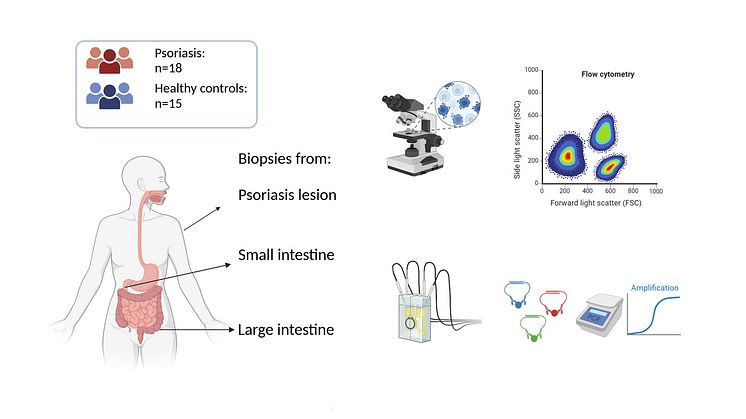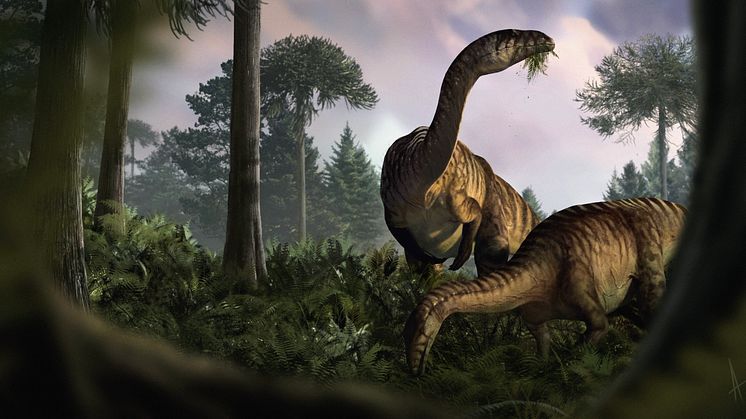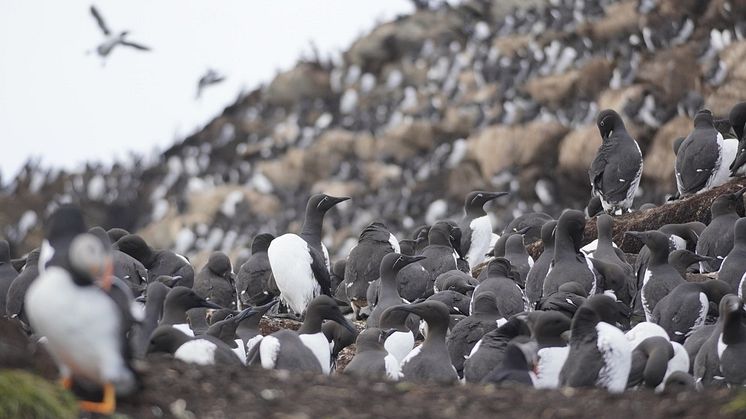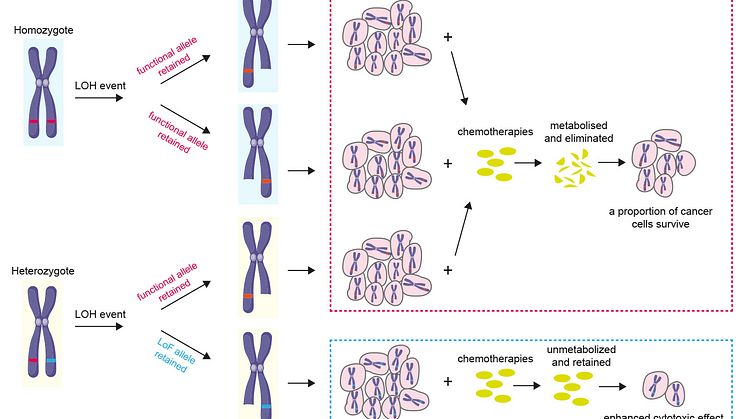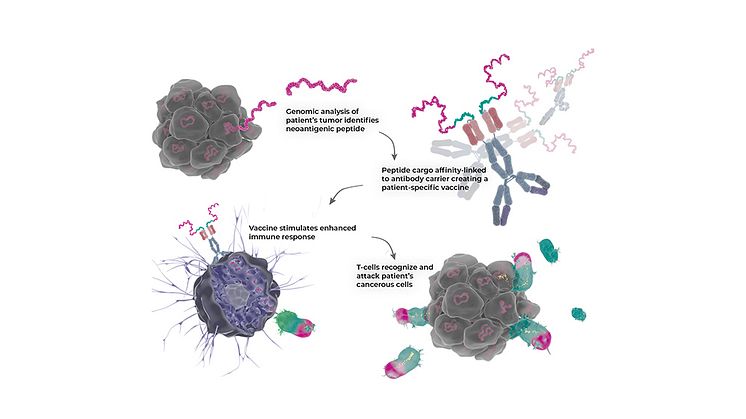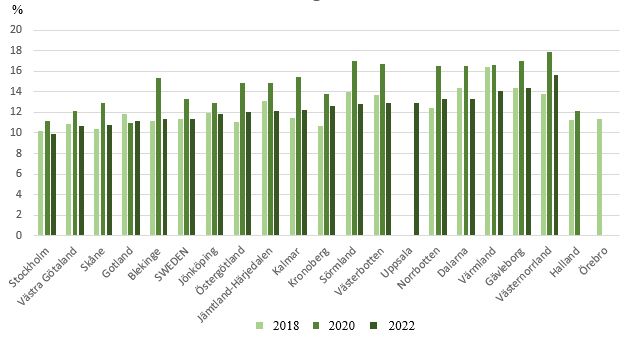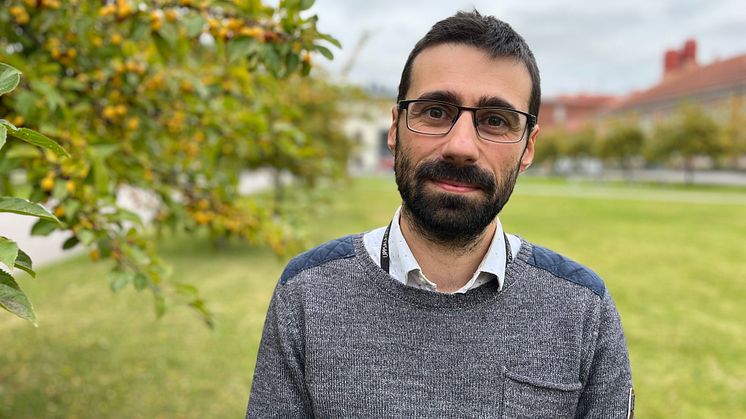Inflammation may explain stomach problems in psoriasis sufferers
People with the skin condition psoriasis often have invisible inflammation in the small intestine with an increased propensity for ‘leaky gut’, according to new research at Uppsala University. These changes in the gut could explain why psoriasis sufferers often have gastrointestinal problems and are more prone to developing Crohn’s disease.
